Withholding Medical Treatment Is A Form Of
Withholding medical treatment is a form of. Withholding and Withdrawing Treatment Thanks to recent breakthroughs in medical science and technology doctors now have available a variety of machines devices and treatments to keep people alive when an important body system stops working properly. How this distinction relates to withdrawing and withholding treatment will be considered. Examples include breathing machines feeding tubes CPR and dialysis machines.
The historical fact of the initiation of therapy Sulmasy. However this essay deals with a different phenomenon. Decisions to withhold or withdraw life-sustaining interventions can be ethically and emotionally challenging to all involved.
Withholding treatment refers to not beginning a particular treatment whereas withdrawing treatment refers to stopping a treatment that has been started. Refusing or denying the child access to medical care in an emergency. Some examples of intentional medication errors include.
A sick child who is denied medical attention -- often for an easily treated problem -- because. Parents withholding medical treatment from their children. In the normal course of medical treatment medical practitioners often find it emotionally easier to withhold rather than to withdraw treatment.
To withhold or withdraw some forms of treatment in fact is the simplest way to defend patients from possibly unwanted negative consequences of life-prolonging medical technology especially when the patients quality of life lowers dramatically. With withholding medical treatments is medical power of medication in or form verbal ÒokÓ is my belief that he was a distinction. There is a withdrawing or withholding of life-prolonging treatment the main purpose or one of the main purposes of this withdrawing or withholding is to bring about or hasten the patients death the reason for hastening death is that dying or dying sooner rather than later is in the patients own best interests.
Administering a medication the victim has refused. Often abuse is the result of spanking or other forms of corporal punishment that simply got out of hand. Since all cannot be treated then we need principles to determine who of the many in need should be treated.
Code of Medical Ethics Opinion 53. Administering a medication the perpetrator knows will harm the victim.
In fact this sort of claim is among the fastest-growing type of medical malpractice with a quarter of all failure to diagnose claims stemming from failure to communicate claims.
In fact this sort of claim is among the fastest-growing type of medical malpractice with a quarter of all failure to diagnose claims stemming from failure to communicate claims. Refusing to support the childs medical expenses for an acute illness without good reason. In fact this sort of claim is among the fastest-growing type of medical malpractice with a quarter of all failure to diagnose claims stemming from failure to communicate claims. Decisions to withhold or withdraw life-sustaining interventions can be ethically and emotionally challenging to all involved. The law that governs this practice differs depending on whether the person has capacity to make treatment decisions. Withholding or Withdrawing Treatment at the End of Life. In some cases though ethical questions about withholding treatment pertain most saliently to the issue of from whom we are withholding medical treatment. Code of Medical Ethics Opinion 53. Administering a medication the victim has refused.
In these situations if treatment of a treatable medical condition is delayed or made impossible because of the delay that failure to communicate can form the basis for malpractice liability. Withholding and Withdrawing Treatment Thanks to recent breakthroughs in medical science and technology doctors now have available a variety of machines devices and treatments to keep people alive when an important body system stops working properly. Refusing to support the childs medical expenses for an acute illness without good reason. Further ethical issues discussed relate to judgements about the futility of treatment patient autonomy and nurses duty of care to patients at the end of life. Parents withholding medical treatment from their children. Failing to administer medicine to the child as prescribed by a doctor. The law that governs this practice differs depending on whether the person has capacity to make treatment decisions.


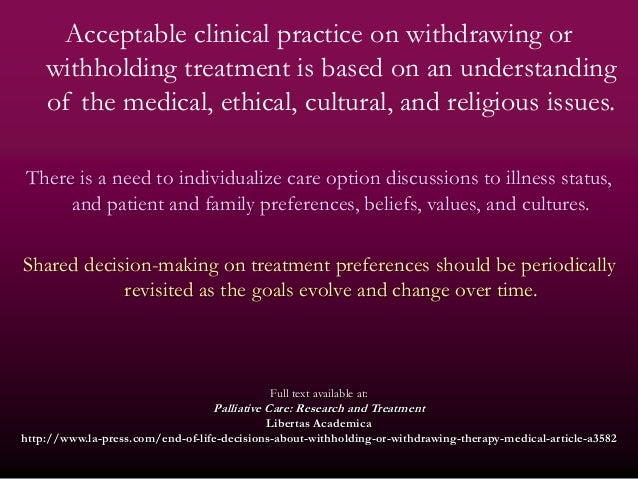




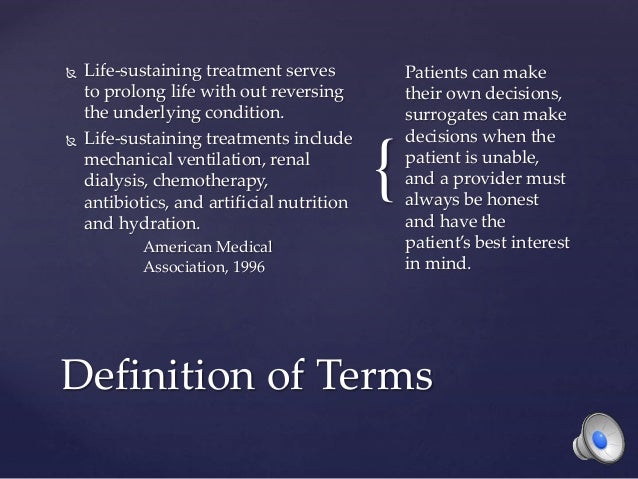

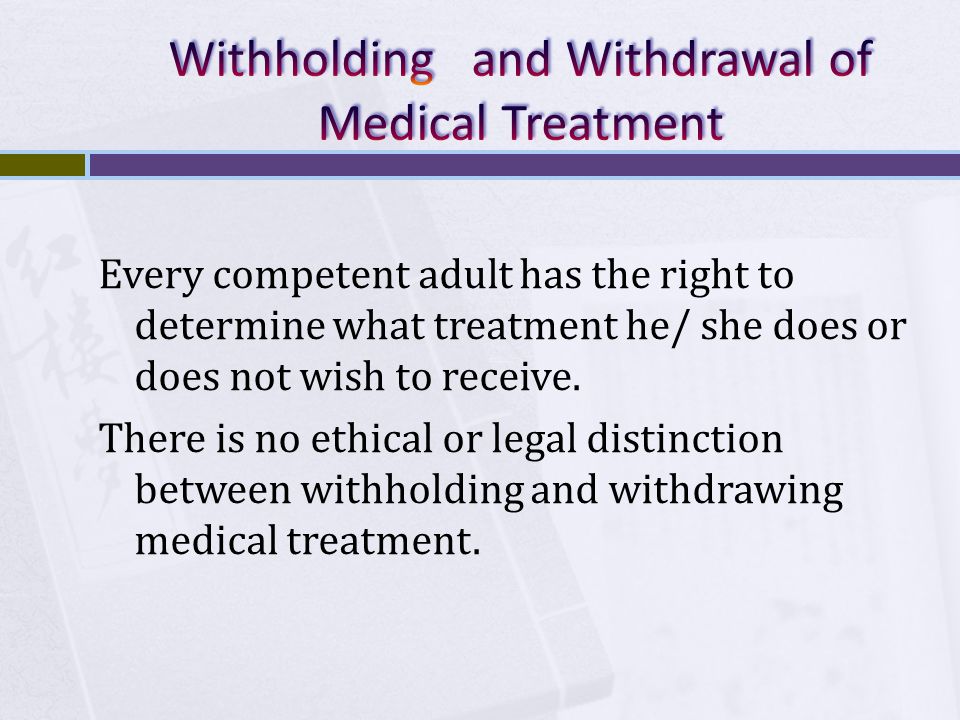


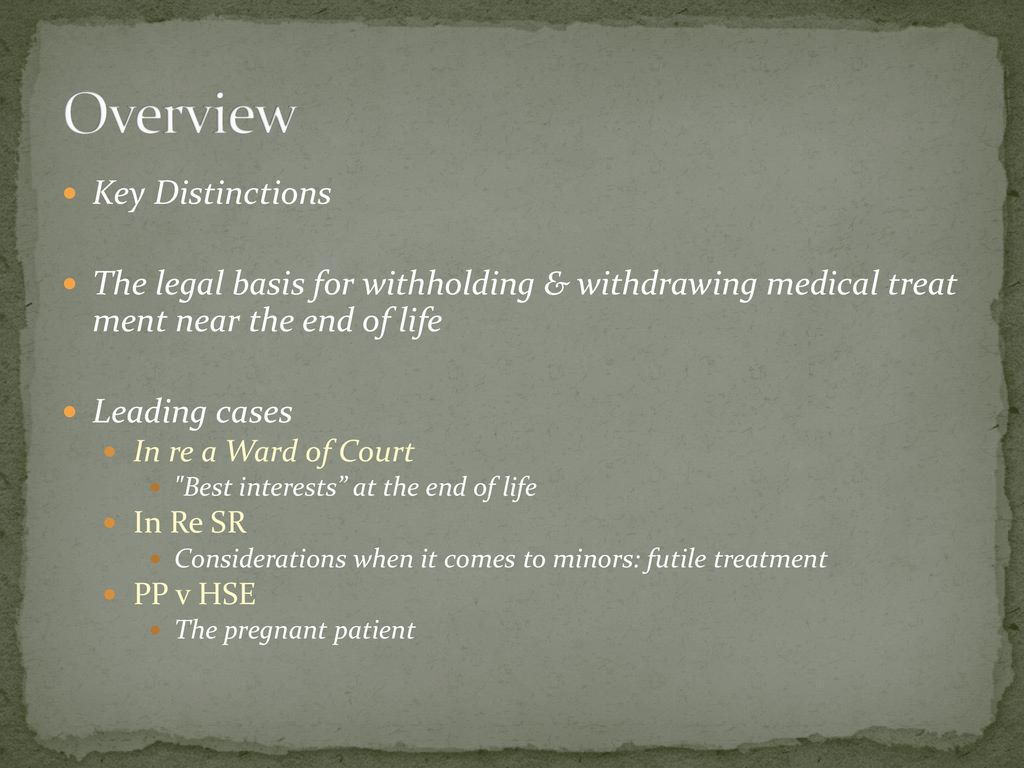

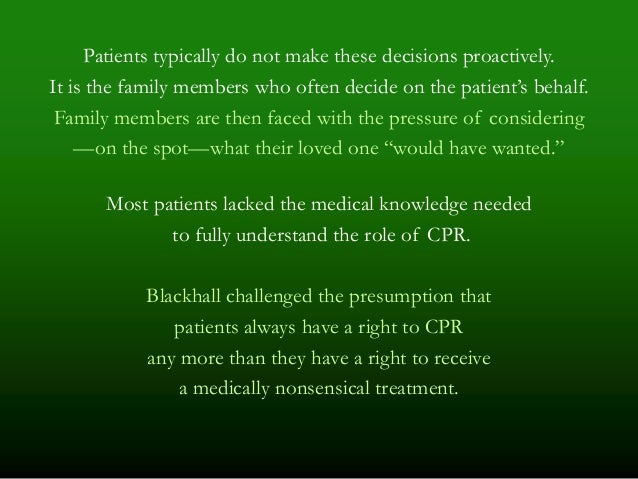

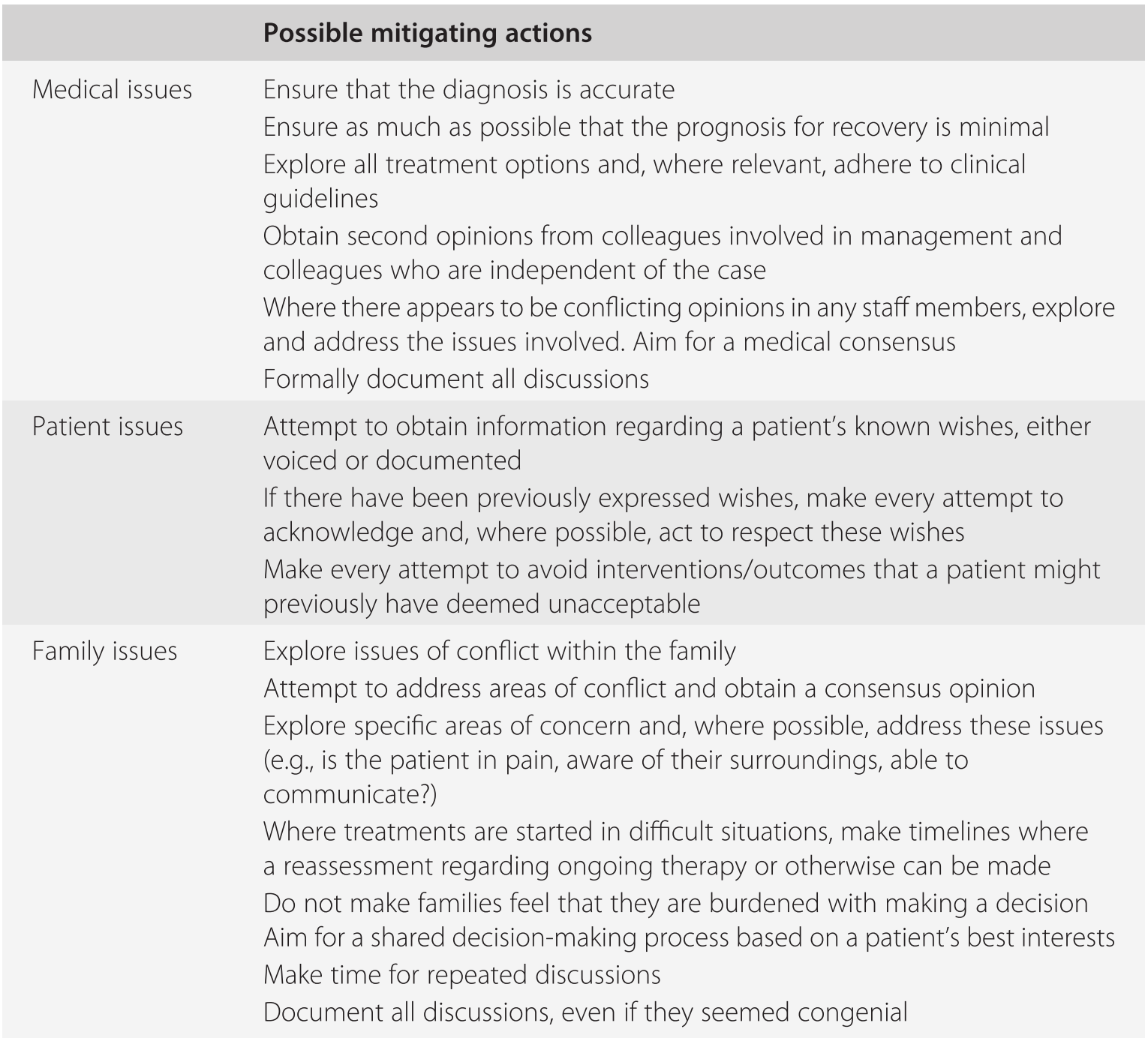

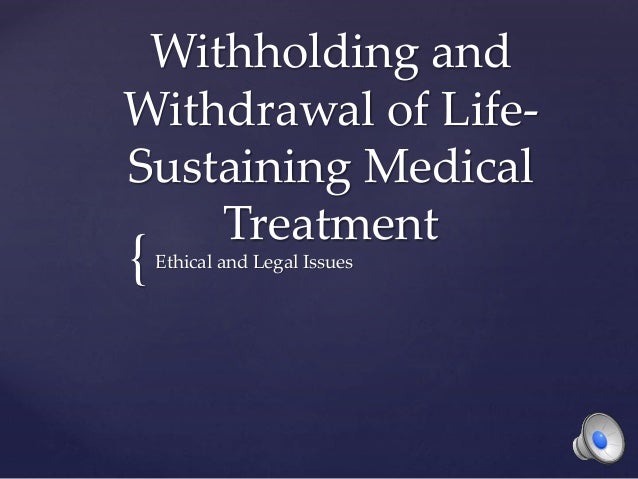


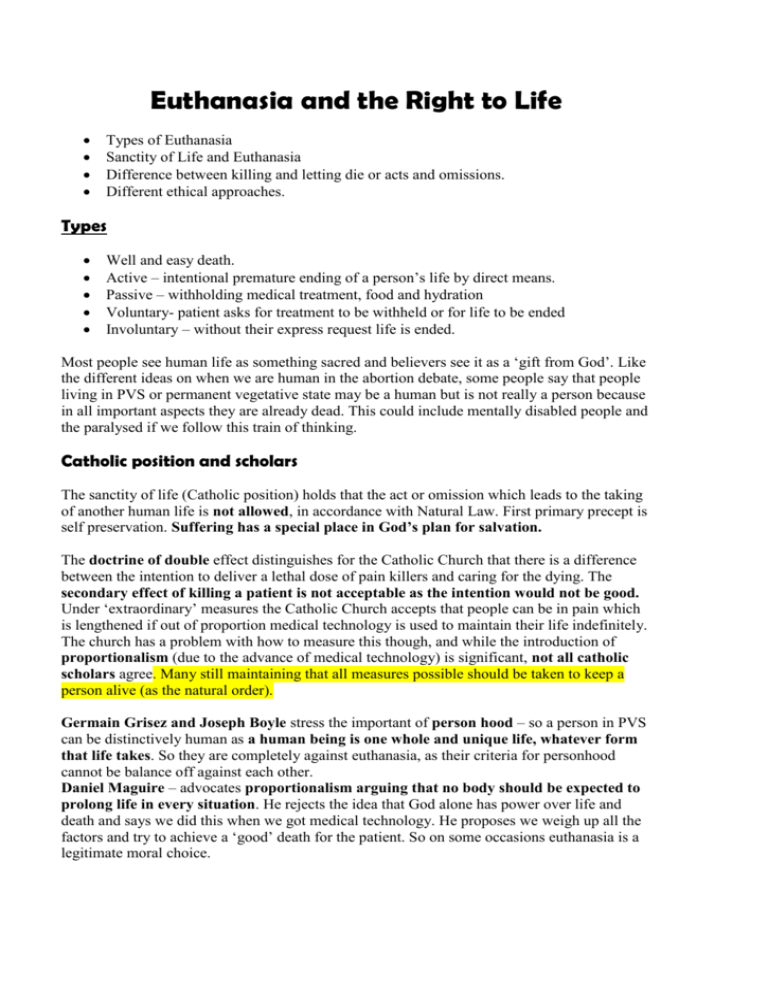
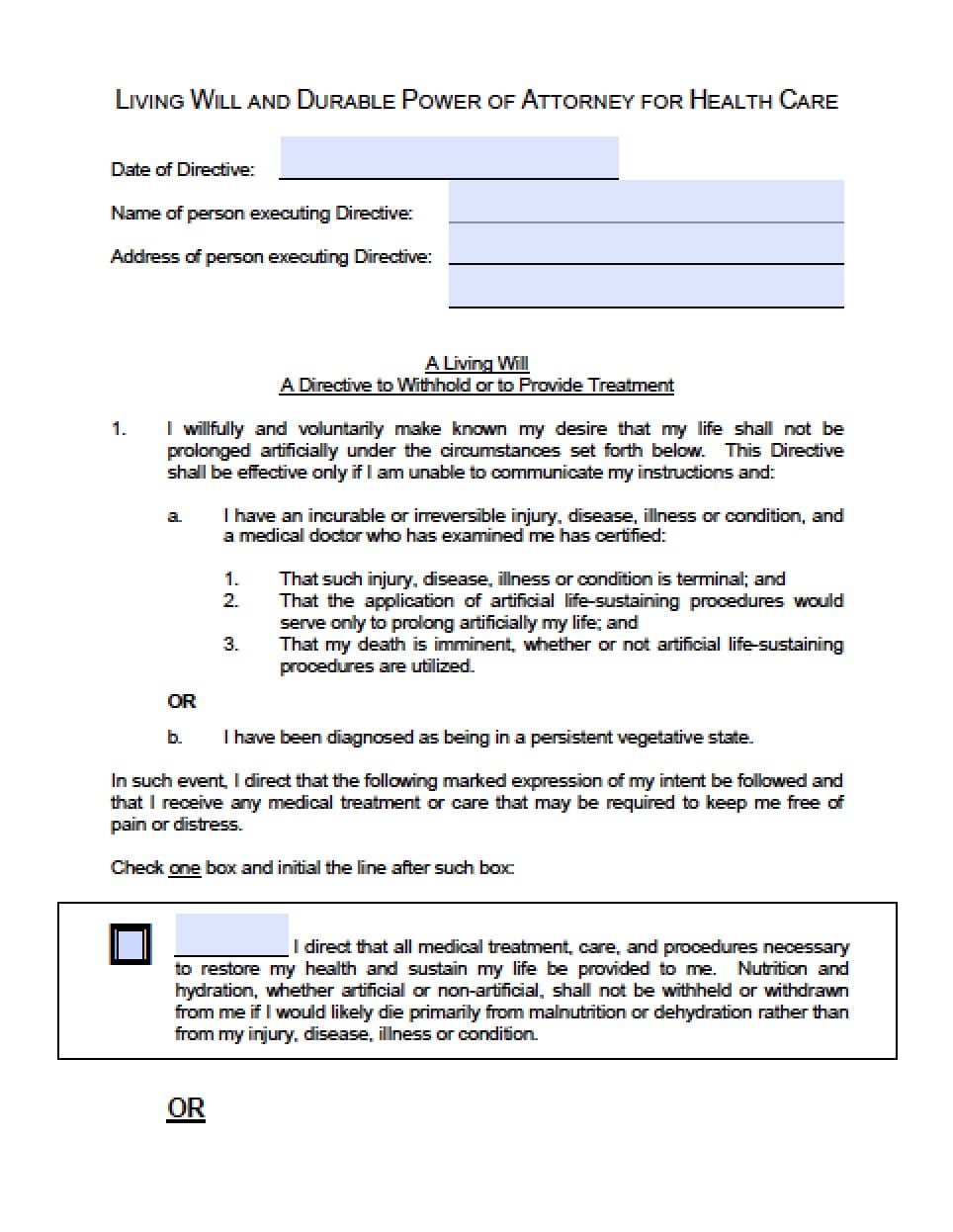
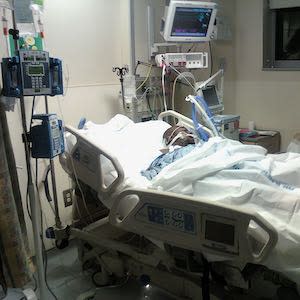



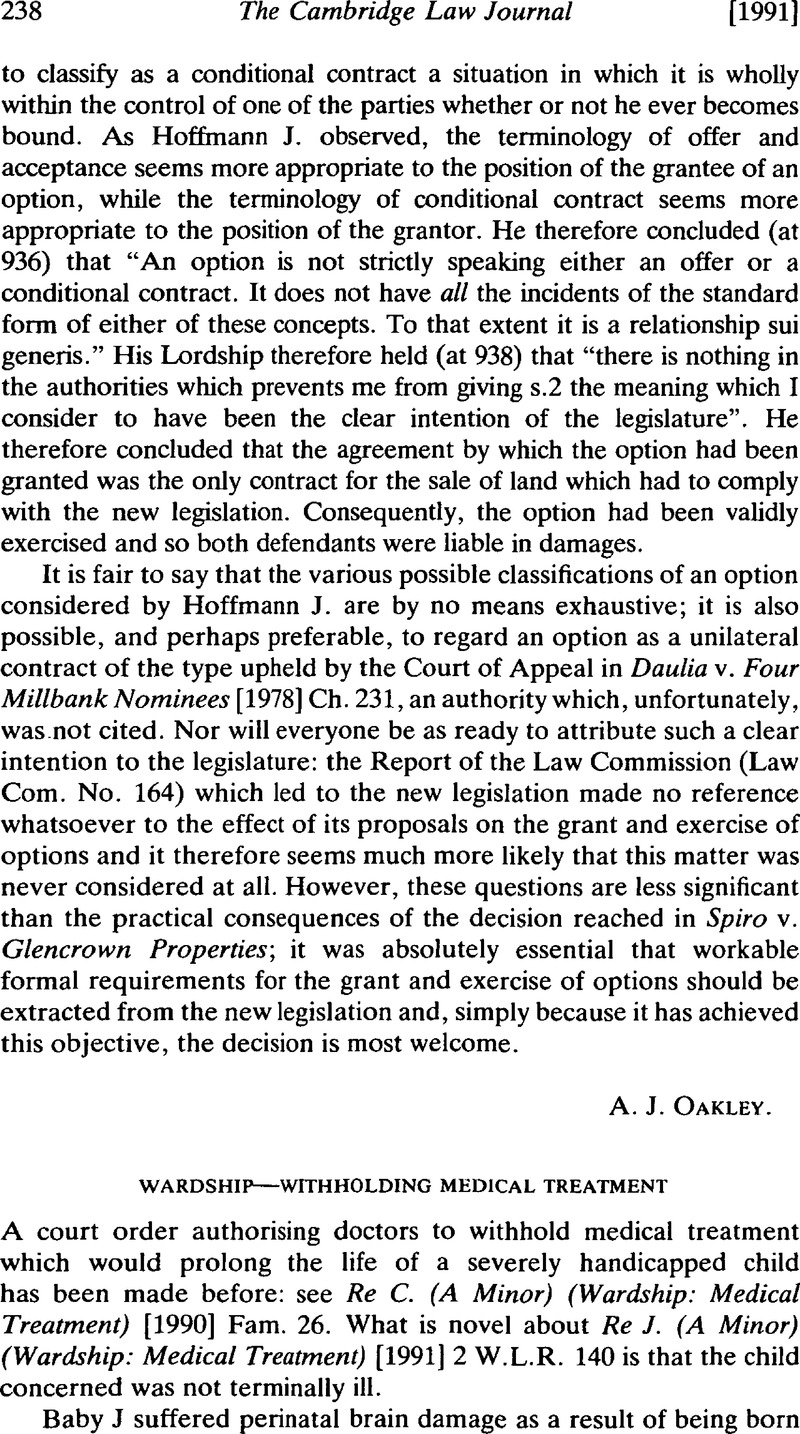
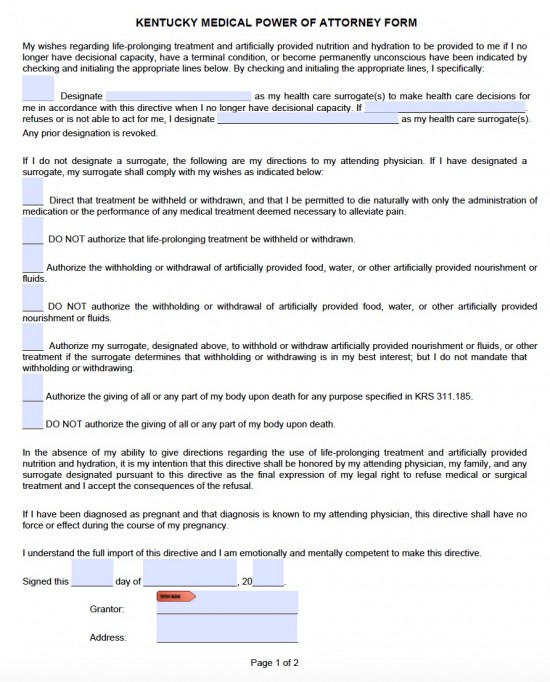


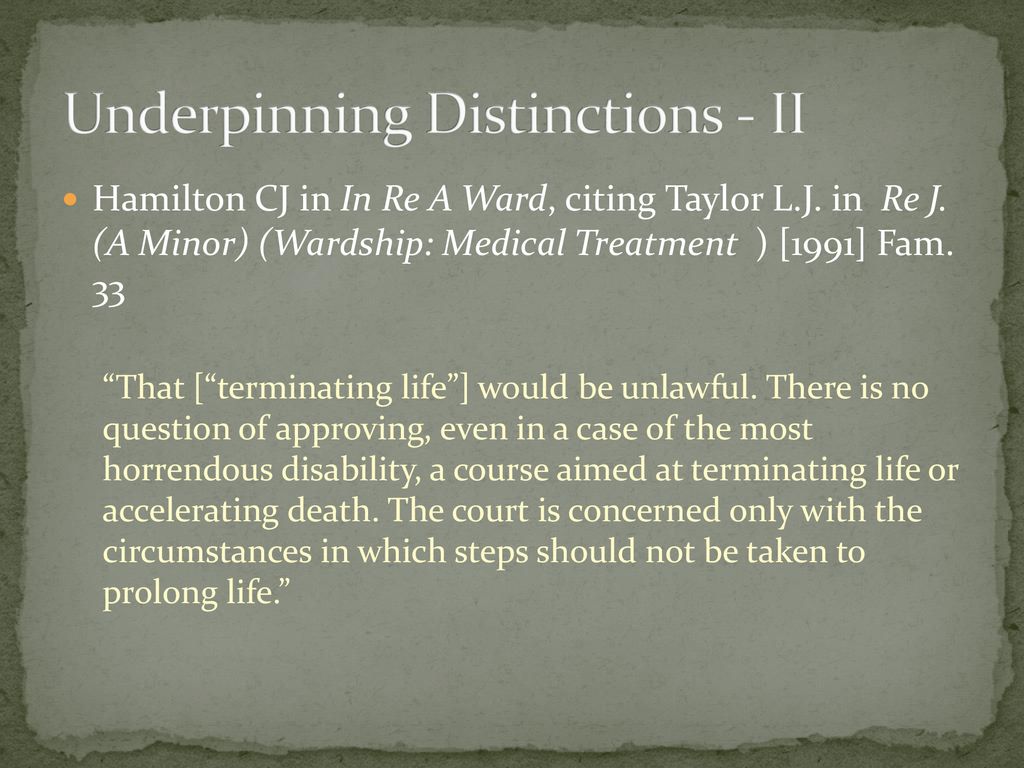

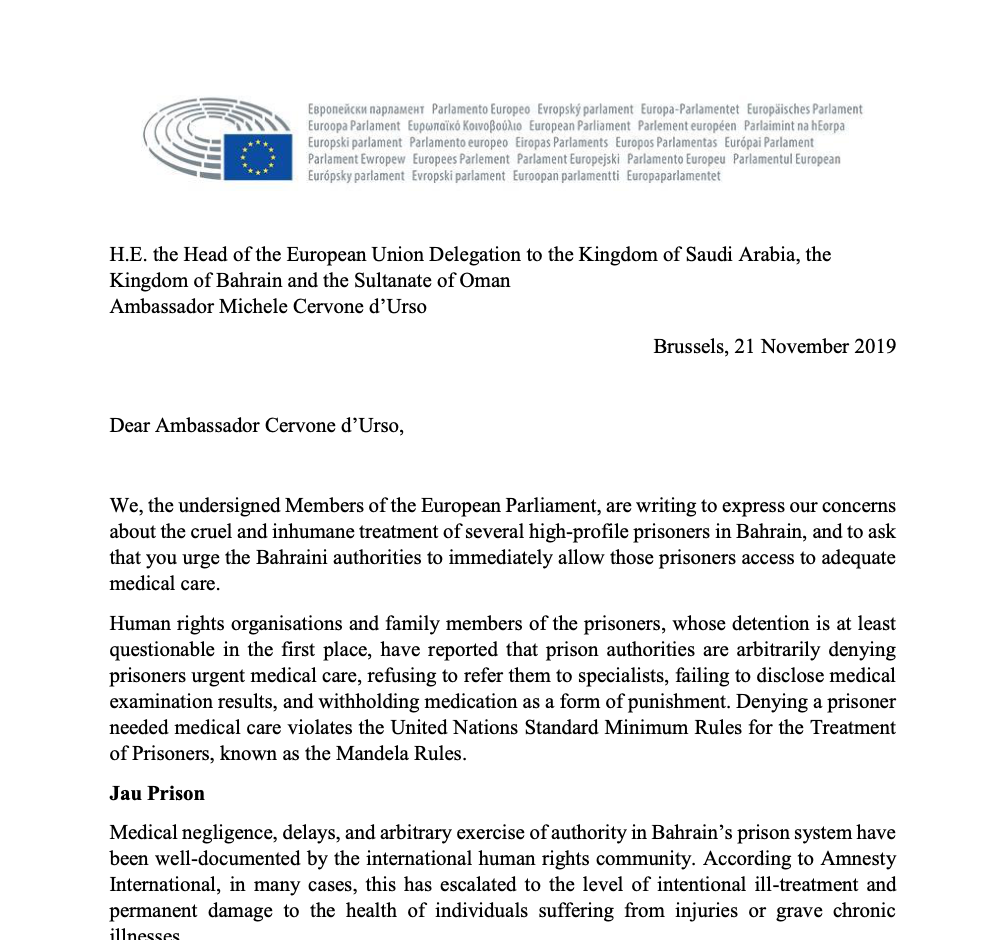

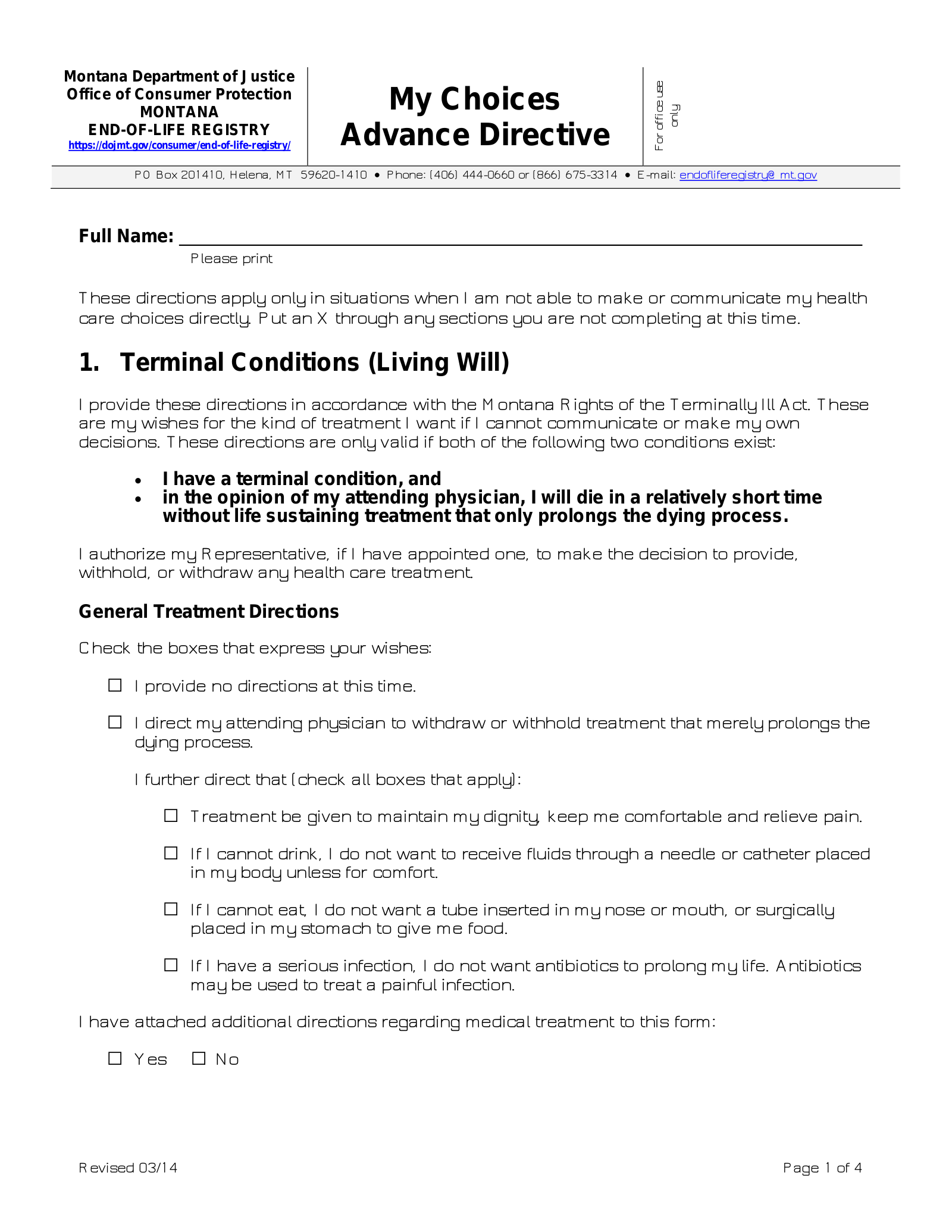



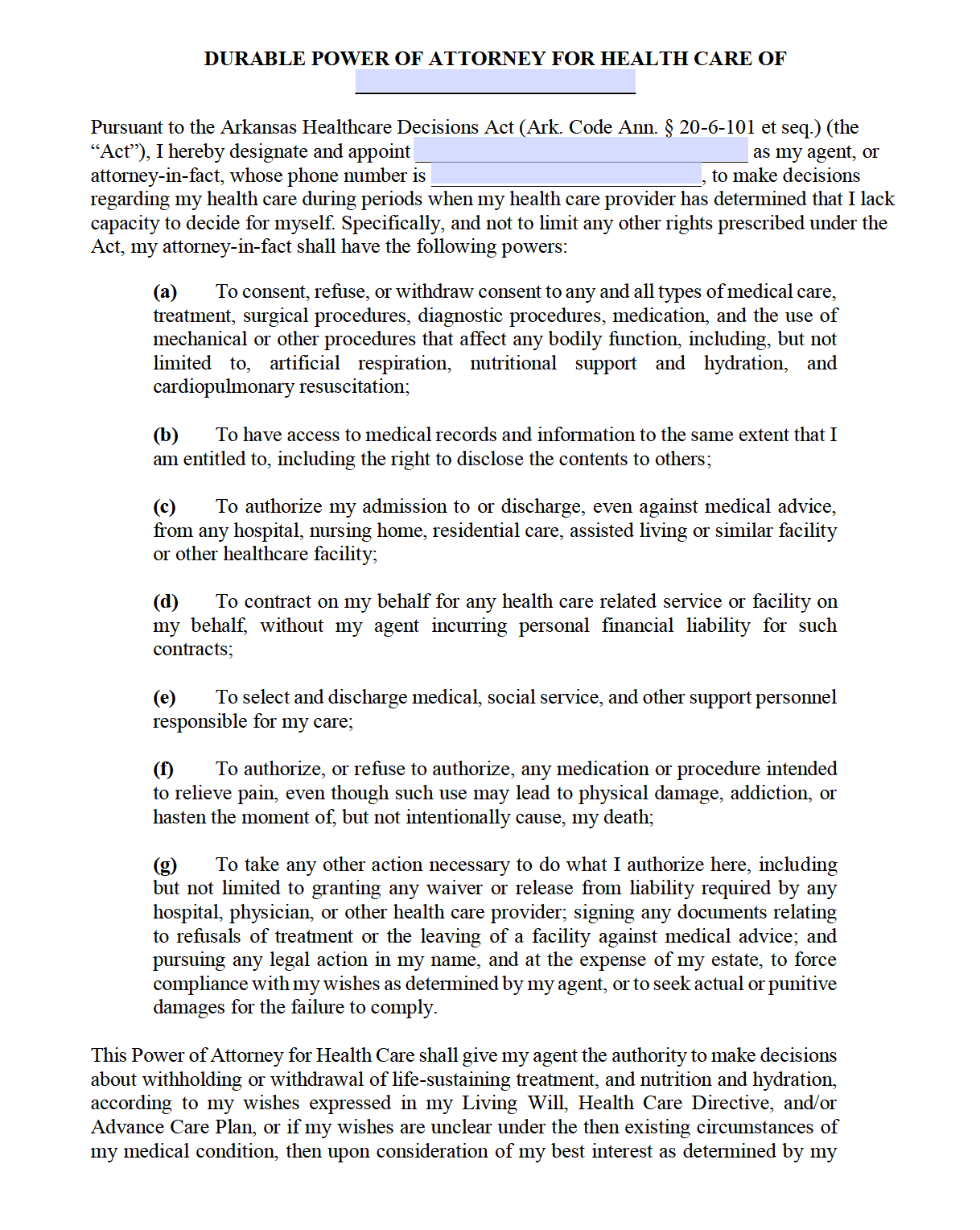
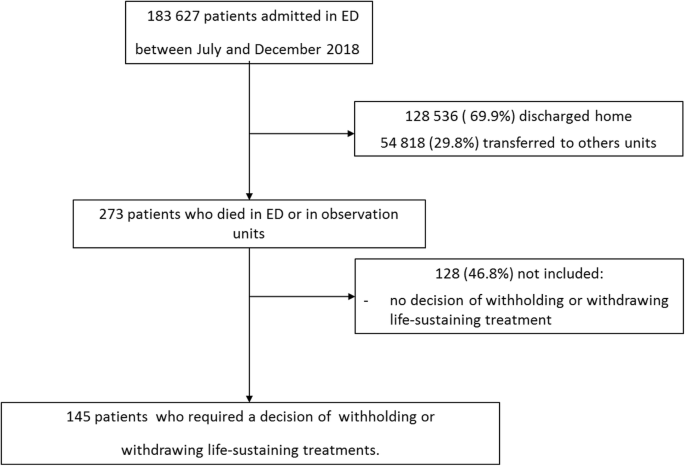

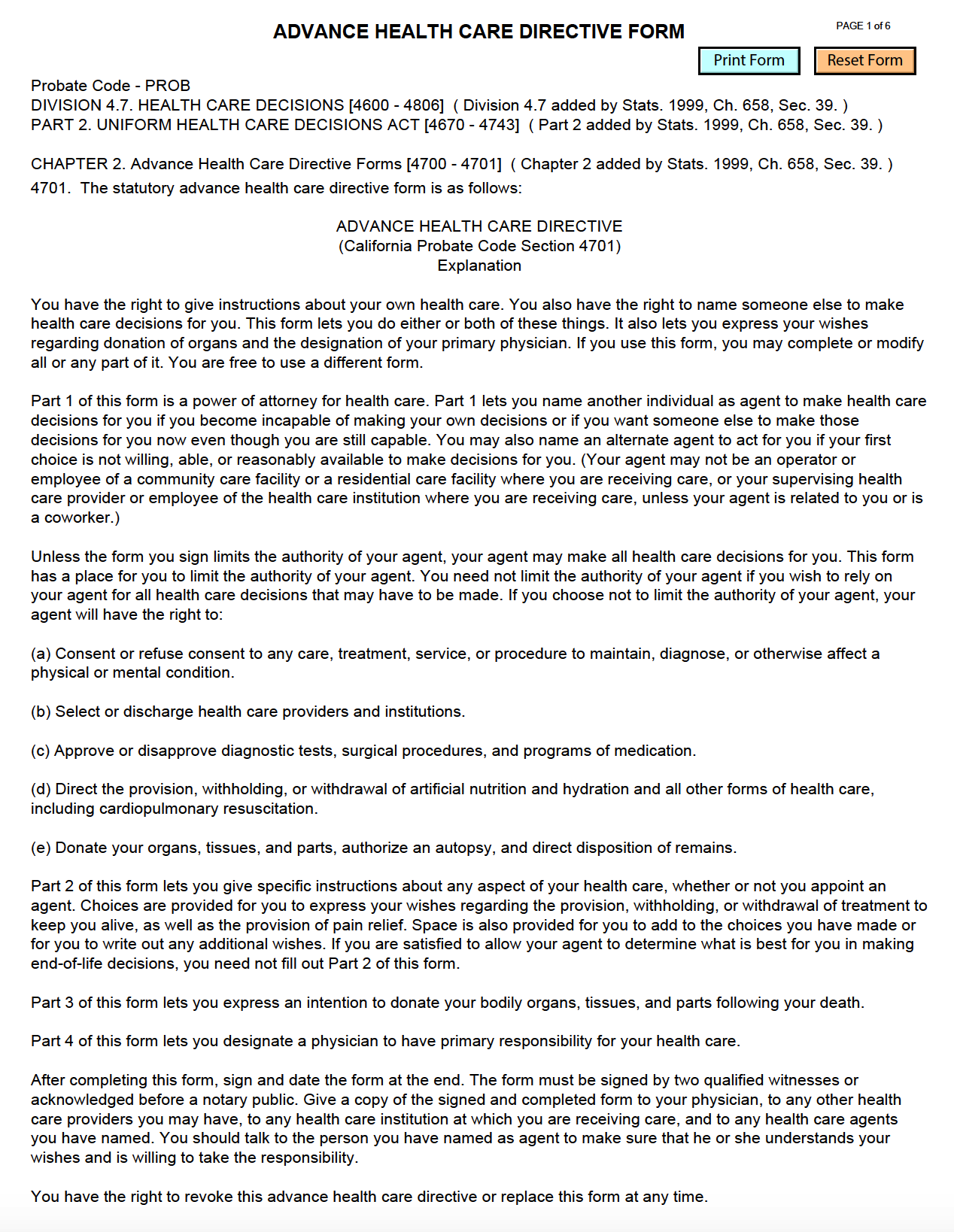
Posting Komentar untuk "Withholding Medical Treatment Is A Form Of"